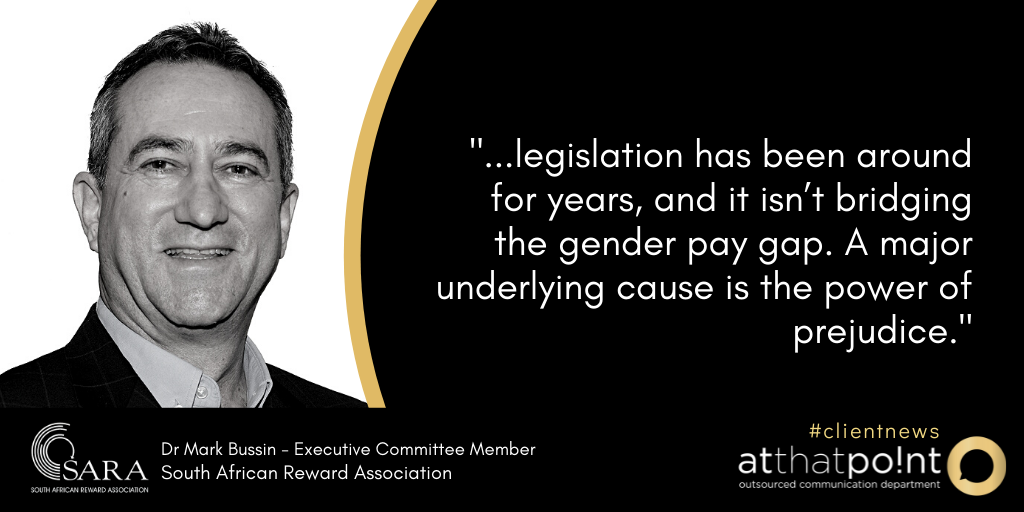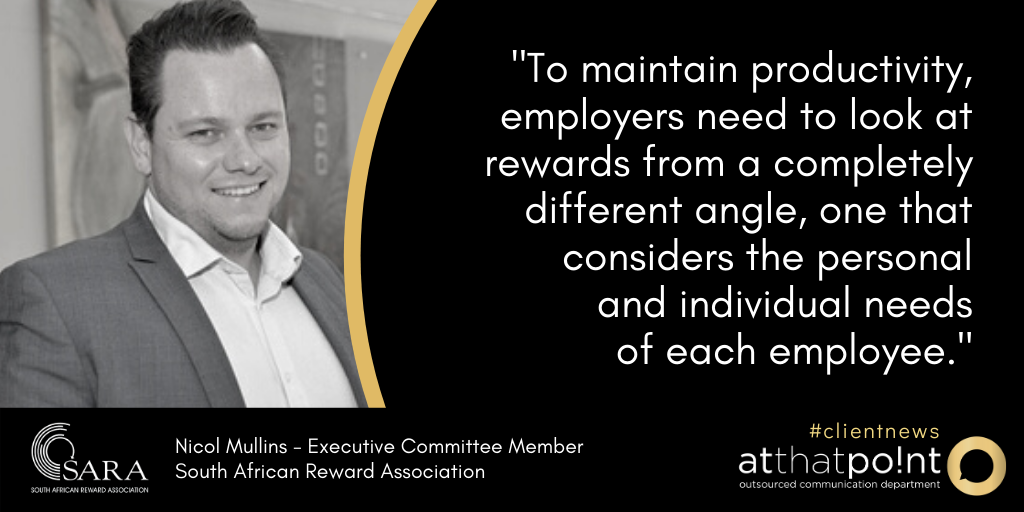|
To date, the Unemployment Insurance Fund’s temporary employee relief scheme (Ters) has paid over R15,7-billion to 2, 288 295 in its Covid-19 relief payments. Many employers, however, are still having their applications rejected.
Arlene Leggat, Executive Committee Member of the South African Payroll Association (SAPA), says that small, seemingly insignificant discrepancies in submissions are seen as mistakes and will lead to the submission being rejected. “When the relief scheme was made public, the Department of Labour issued guidelines and templates for the submission of files. Like many government - and other - systems, if the submission isn’t in the exact same format as the templates provided, the submission will be rejected,” says Leggat. Even the smallest discrepancies will get an application rejected Everything from the date formats to the termination dates must be written in a specific way, precisely as the template stipulates, to avoid the application being rejected by the system. “There are two different date formats to use in the application, for example. The header date in the application doesn’t have dashes, but the dates in the data section have dashes. Using a comma instead of a decimal point or full stop, for example, will be seen as incorrect by the system. The termination date on the application is also causing a lot of confusion. This date refers to people who have left your employ during this period, if they are still employed, it must be blank. Little discrepancies like these have led to many companies’ applications being rejected,” says Leggat. While the process can be frustrating, Leggat says an employer’s best bet is to download the guidelines that are available on the Department of Labour’s website and do a line-by-line comparison between the template and submission. “Take the sample template that has been issued on the site, put it next to your file, and go through the submission slowly and diligently to make sure that that you have provided everything in the required format. If your submission is 100% aligned with the sample template, then you should get paid,” says Leggat. If at first you don’t succeed, try again Employers who have had their submissions rejected have become despondent and many have adopted a “what’s the point?” attitude. Leggat says that it’s important to persevere with the application process, even if it is tedious. “Many businesses are struggling to pay their workers during the pandemic, which is understandable, but the TERS benefit is available to provide relief. It can be frustrating to go through the process, but please keep at it. Your employees depend on you. In a country where the vast majority of people spend their salaries within days of receiving it, not having their full salaries is only going to compound the economic problem South Africa faces. At the very least, we need to make sure that people are getting paid what they can,” concludes Leggat. ENDS MEDIA CONTACT: Rosa-Mari Le Roux, 060 995 6277, [email protected], www.atthatpoint.co.za For more information on SAPA please visit: Website: http://www.sapayroll.co.za/ Twitter: @SAPayroll LinkedIn: The South African Payroll Association
0 Comments
The South African Payroll Association (SAPA) has received several complaints from employees whose salaries have been cut, but their employers aren’t even attempting to claim from the Department of Labour’s Temporary Employee/Employer Relief Scheme (TERS) to ensure their staff isn’t short-changed during the lockdown period.
Arlene Leggat, President of the SAPA, says that many employers believe they won’t receive funds from the TERS, but this isn’t true. “There is a lot of negativity about the TERS and the government’s ability to process payments. The payment system initially had its hiccups, but the reality now is that TERS benefits are being paid out but employers are being too stubborn to apply for the benefits on their staff’s behalf. If your company has had to reduce employees’ hours, cut salaries, or both, it is your responsibility to start the application process so that your employees don’t have a reduced salary during these uncertain times. If you are working for a company that isn’t prepared to claim from the TERS, then you need to notify the Department of Labour so that they can follow up on this,” says Leggat. The TERS is a financial support measure that the government has put in place to support workers and employers during the COVID-19 lockdown. An employee’s daily income, as well as the income replacement rate, needs to be calculated according to the requirements on the website. Salaries that are taken into account for TERS benefits are capped at R17 712 per month per employee. The income replacement rate sliding scale from 38% to 60% then determines the benefit the employee will receive. Who can claim? While there has been a lot written about the government only giving financial support to BB-EEE, Leggat says this is not the case for TERS benefits. “All companies who are registered and pay UIF can claim. If your company’s TERS claim has been rejected and you don’t know why, please contact UIF through their available channels. It is challenging at the moment as calls are not always answered. The other option is to check your file and resubmit.,” says Leggat. How to claim Companies must apply for the TERS benefits and receive money as a lump sum, which they then have to distribute to their employees. To initiate the process, employers must send an email to [email protected], which will trigger an automated reply that will outline the steps and details. Then, applications are made on this website: www.uifecc.labour.gov.za/covid19. “When the system initially launched in April, there were many issues, but these problems have since - for the most - been ironed out. The SAPA commends the Department for rolling out this benefit programme on short notice and we encourage employers who are cutting their workers’ salaries to immediately start their TERS application processes. Their employees’ livelihood depends on it,” concludes Leggat. ENDS MEDIA CONTACT: Rosa-Mari Le Roux, 060 995 6277, [email protected], www.atthatpoint.co.za For more information on SAPA please visit: Website: http://www.sapayroll.co.za/ Twitter: @SAPayroll LinkedIn: The South African Payroll Association |
Welcome to the South African Payroll Association newsroom.
Archives
July 2020
Categories
All
|



 RSS Feed
RSS Feed